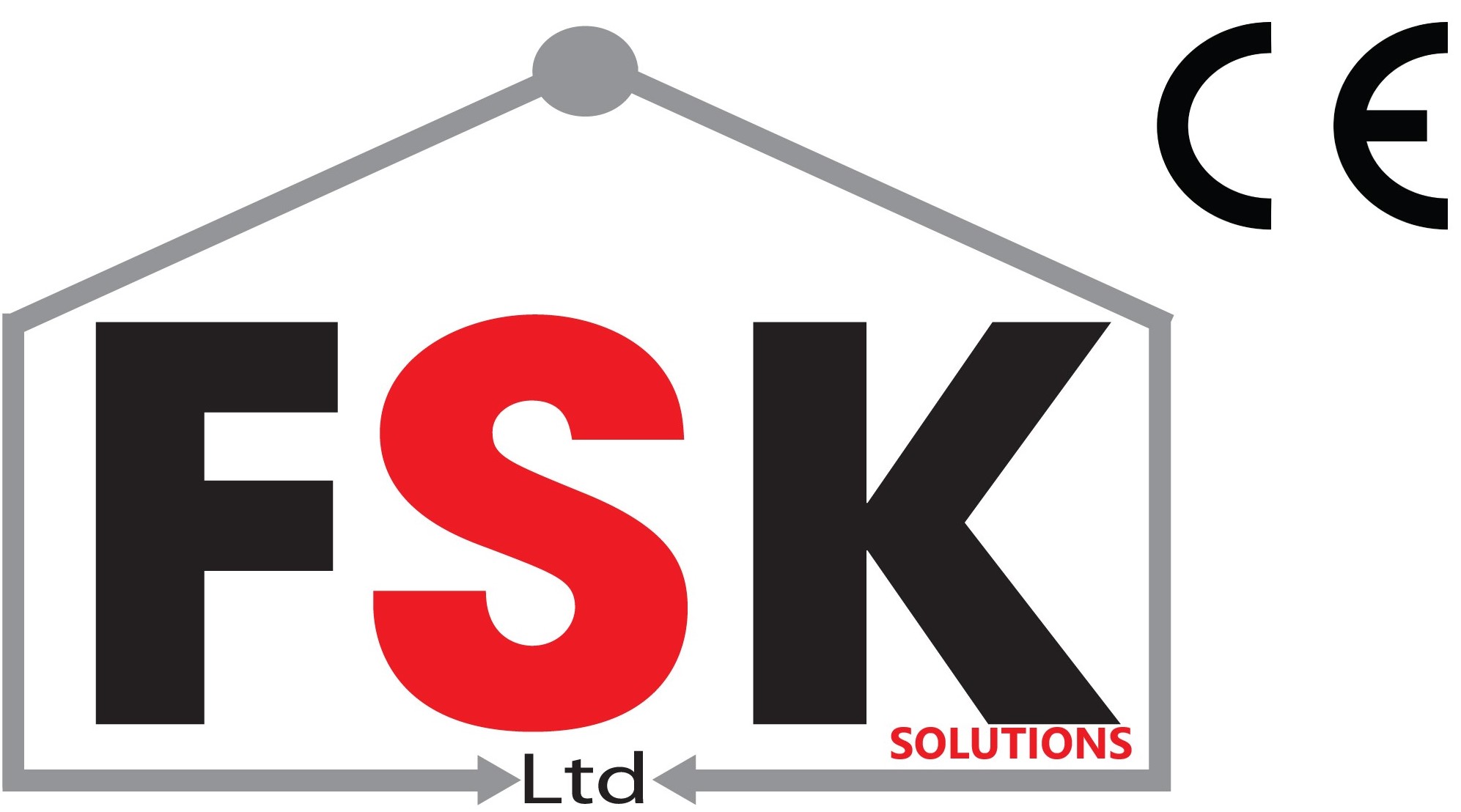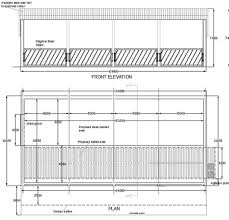GENERAL INFO
Since July 1st 2014 it has been a legal requirement that all structural steelwork sold within the EU must be CE marked to BS EN 1090.
BS EN 1090 is in place to ensure that there are controls at every stage of the manufacturing process.
This includes:
Equipment calibration and staff training (including coded welders)
Daily welding quality control by a trained welding coordinator
Approved Factory Production Control System
Full traceability of all components including consumables products, material and component
BS EN 1090 ensures that FSK Solution's building materials are traceable back to their source. During our CE audits we have demonstrated to be able to pick a building and trace all materials and components back to the steel mill certificates. Knowing that a building is CE marked should give customers complete peace of mind that the building being supplied by FSK Solutions buildings meets all of the latest EU regulations. We have an incredibly detailed factory production control manual that is strictly followed to ensure all structural steel is fabricated correctly. All buildings are supplied with a certificate of conformity showing that they meet the stringent controls of BS EN 1090.
Permitted development rights for agriculture
Some development work for the purposes of agriculture can be done without planning permission. You need to submit and pay for a Determination of Prior Approval Notification (DPA) application instead.
You don't need planning permission (depending on certain criteria) for:
The erection, extension, or alteration of an agricultural building on land over 0.4 hectares
Making, altering or maintaining private ways on agricultural land
Excavation or engineering operations on agricultural land
'Agricultural' includes:
Horticulture, fruit growing, market gardens, nurseries and seed growing
The breeding and keeping of livestock and dairy farming
Grazing land, meadow land, osier land, and some woodlands.
You will need planning permission if:
The agricultural land is less than 0.4 hectares
The work or building is not for an agricultural purpose
You're building or extending something to be more than 465 square meters, including any other development done in the last 2 years that is within 90 metres.
You're building something more than12 metres high, or more than 3 metres high within 3km of an aerodrome
The development will be within 25 metres of a trunk/classified road.
It involves a building housing animals or for storing slurry or sewage sludge and is within 400 metres of someone's house which isn't part of a farm
When it comes to deciding whether your new building should be painted or galvanised, do you know the difference?
Here are some handy tips below to help you with your decision.
- Painted steel work is beneficial if you are looking for a cost effective option for your new building. It can give your new building a unique aesthetic appearance. It is less expensive than galvanising, however painted steelwork would require to be repainted every 5 years.
- Galvanised steelwork would not need to be touched unless it is damaged. It is also possible to paint steelwork after it has been galvanised which will add additional protection together with an aesthetic and unique appearance. Hot dip galvanising is when your steel is dipped into molten zinc and heated to around 460 degrees C then removed from the bath and left to cool in a quench tank. The steel is then ready to use. There are many benefits of using galvanised steel for your building: for example it is maintenance free for over 50 years unless there is extreme damage. It is also a very quick process and it is defined by British Standard BS EN ISO 1461. The process of galvanising also coats the inside parts of the product, as it is dipped into the melted zinc and this does not exist in other coating methods. Galvanised steel work is beneficial if your stanchions are going to be in close contact with slurry, manure or silage due to its corrosive nature.


